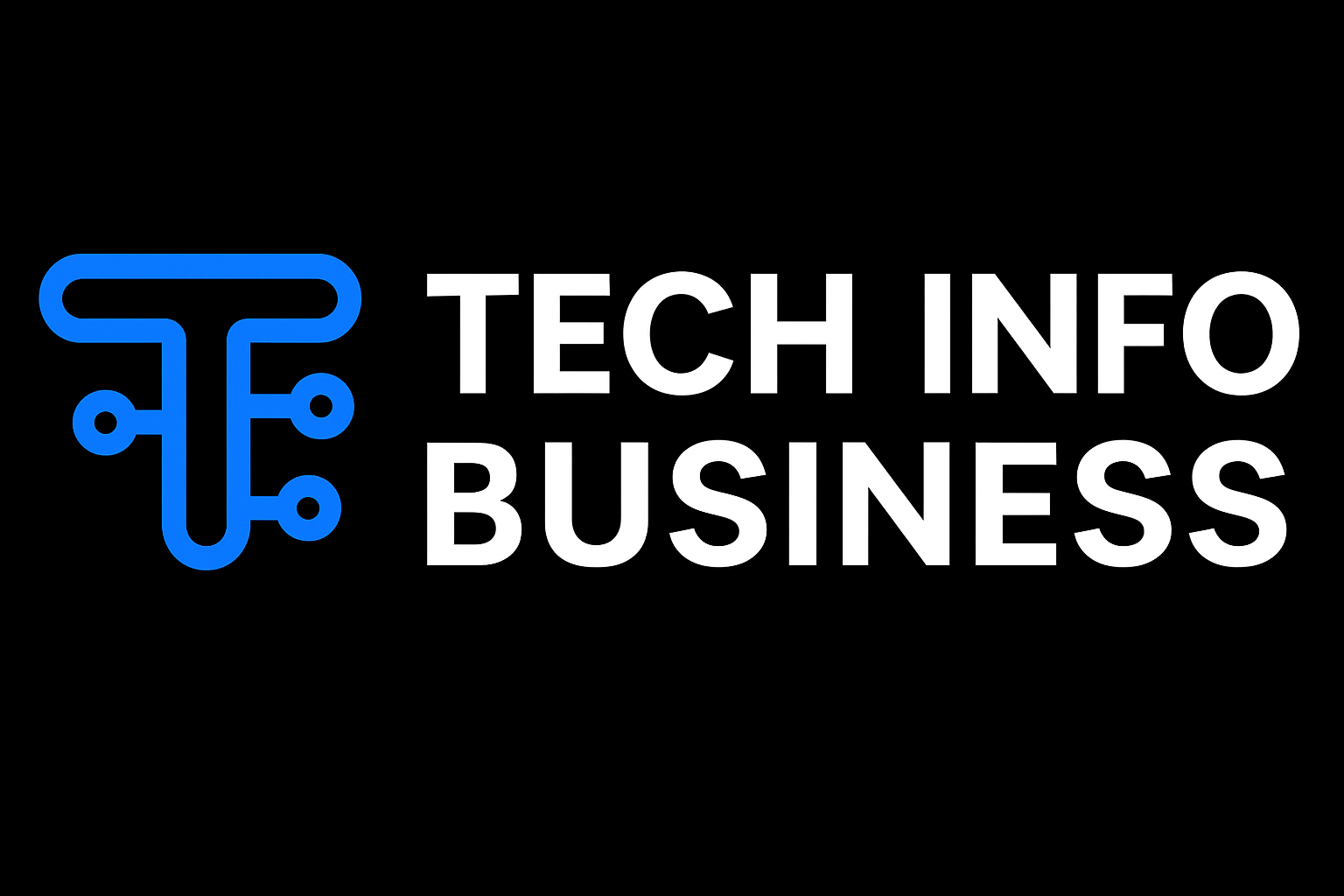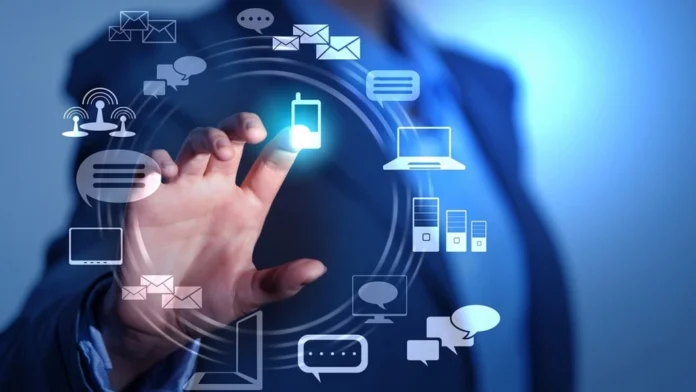The pace of technological progress is faster today than at any time in history. From intelligent automation and bioengineering to immersive digital worlds and sustainable design, innovation is redefining how we live, work, and interact. The coming years promise groundbreaking advances that will reshape industries and everyday life. Here are the most compelling future technology innovations to watch as we move into a new era of transformation.
1.Artificial Intelligence Becomes the Core of Everything
Artificial Intelligence (AI) is no longer a supporting tool—it’s the foundation of modern innovation. Businesses now rely on AI for automation, analytics, and intelligent decision-making. Generative AI, agentic AI, and machine learning are enabling computers to create, reason, and even collaborate.
Future versions of AI will go beyond prediction to act autonomously. Agentic AI systems, for instance, can make independent decisions, learn from experience, and complete tasks without human prompts. From advanced chatbots to self-optimizing logistics, AI will continue to evolve into the “invisible partner” of every digital interaction.
2.The Internet of Things and Intelligent Spaces
The Internet of Things (IoT) is transforming physical environments into connected ecosystems. Billions of smart devices—from wearable trackers to industrial sensors—collect and share data every second. This data fuels automation, improves energy efficiency, and creates smart cities that can monitor everything from traffic flow to water quality.
In the future, IoT will merge with AI to create intelligent spaces—homes, offices, and factories that anticipate needs and respond in real time. Imagine cities that automatically adjust lighting, air quality, and traffic signals to optimize living conditions.
3.Robotics and Human Collaboration
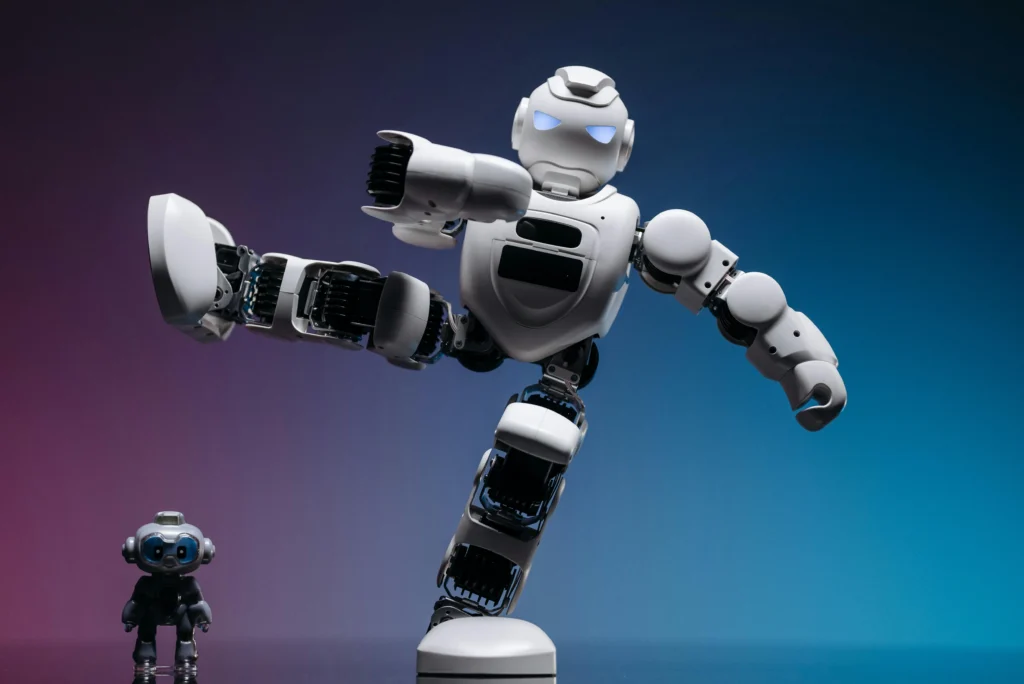
Robots are no longer limited to manufacturing floors. Intelligent robots and cobots (collaborative robots) are working alongside humans in logistics, healthcare, and even agriculture. These systems are learning to sense, adapt, and cooperate.
The next phase of robotics will emphasize human-robot collaboration. Advances in tactile sensors and AI-driven control will allow machines to perform delicate tasks—from surgery to eldercare—while ensuring safety and precision. This shift will redefine productivity and open entirely new roles for humans in robot-assisted industries.
4.Wearables, E-Skin, and Augmented Humans
The boundary between technology and the human body is blurring. Wearable technology has evolved far beyond fitness bands. E-skin sensors, smart contact lenses, and bio-integrated devices can monitor health conditions, track emotions, and even provide real-time biometric feedback.
Future innovations may lead to augmented humans—individuals enhanced by technology for superior performance, strength, or perception. These tools will revolutionize healthcare, fitness, and even workplace safety, allowing real-time monitoring and predictive wellness analytics.
5.Extended and Immersive Realities
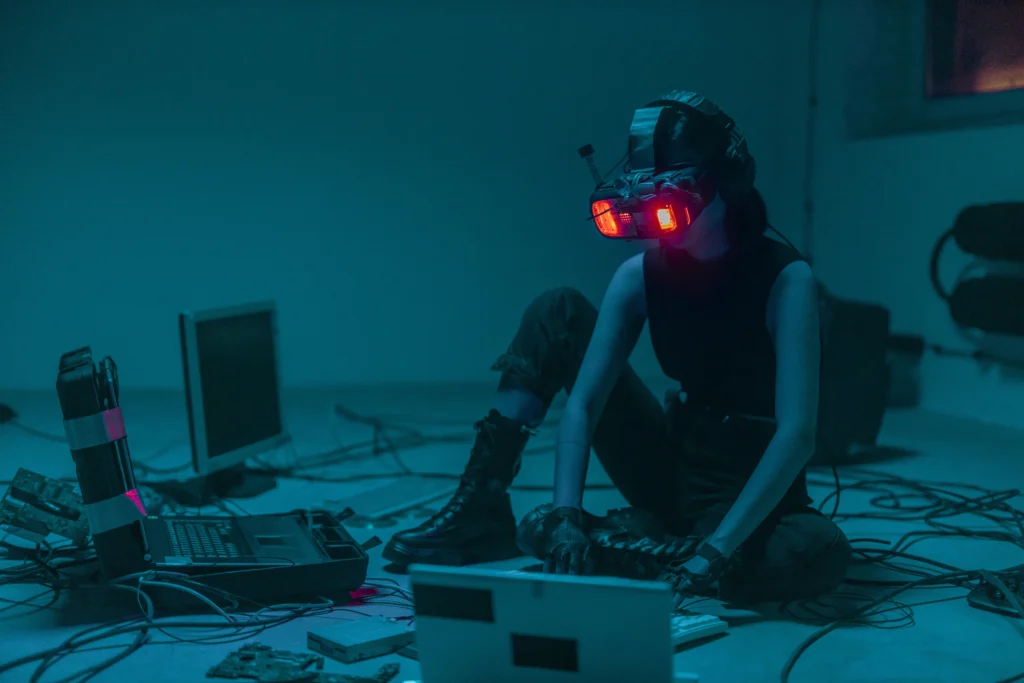
Augmented Reality (AR), Virtual Reality (VR), and Mixed Reality (MR) are evolving rapidly. These digitally extended realities are changing how we learn, shop, design, and socialize. Businesses use AR for product visualization, while VR powers immersive training and remote collaboration.
As hardware improves and latency drops, the boundary between real and virtual spaces will fade. We’ll soon step into hyper-immersive environments—from virtual classrooms to metaverse workplaces—where digital interactions feel as real as physical ones.
6.Quantum Computing Reshapes the Impossible
Traditional computers process data sequentially, but quantum computers use quantum bits (qubits) to perform multiple calculations simultaneously. This capability could unlock solutions to problems previously considered unsolvable—from drug discovery to climate modeling.
Although still in early stages, major companies are racing to make commercial quantum systems viable. Once scalable and stable, quantum computing will accelerate innovation across finance, cybersecurity, and biotechnology.
7.Sustainable and Green Technologies
Sustainability is now at the core of innovation. From green funerals using biodegradable materials to carbon-neutral data centers, technology is being re-engineered for the planet’s survival.
Future innovations will focus on eco-smart systems—AI-driven energy grids, recyclable electronics, and smart agriculture powered by drones and sensors. Technology will not just advance life—it will help preserve it by optimizing resources and minimizing environmental impact.
8.Biotechnology and Genetic Engineering
The ability to understand and modify genetic material is one of the most transformative developments of our time. Gene editing tools like CRISPR are being used to treat hereditary diseases and create resilient crops. As AI integrates with genomics, researchers can simulate genetic outcomes before making physical changes.
In the near future, personalized medicine will use a person’s DNA blueprint to create precise treatments, preventing illness before it occurs. Ethical regulations will remain vital, but biotechnology’s potential is boundless.
9.Blockchain, Cybersecurity, and Data Trust
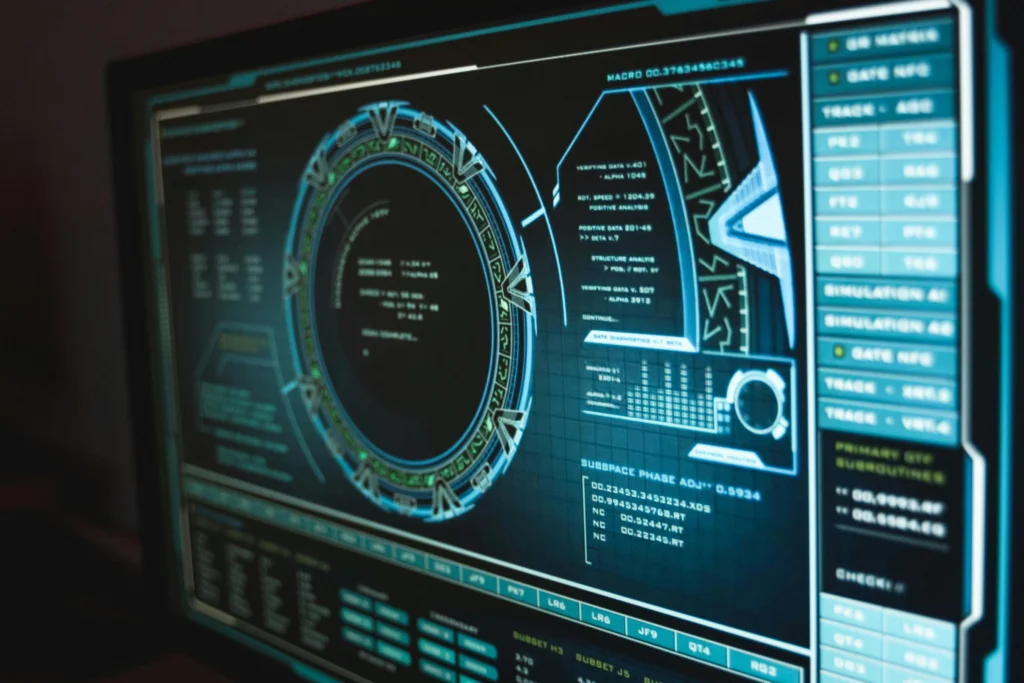
As our world becomes more connected, data security and trust become top priorities. Blockchain and distributed ledger technologies ensure transparency and authenticity in transactions—essential for sectors like finance, supply chain, and digital identity management.
Simultaneously, cybersecurity resilience is evolving. AI-driven threat detection, zero-trust architectures, and quantum-safe encryption will protect organizations from next-generation attacks. These tools will form the backbone of digital safety in the 2030s.
10.3D, 4D Printing, and Advanced Manufacturing
3D printing has already disrupted industries from aerospace to healthcare, allowing for rapid prototyping and localized production. The next step—4D printing—adds time as a factor, enabling materials to change shape or function in response to environmental stimuli.
These technologies will drive mass personalization, where custom-made products can be produced affordably and efficiently. From adaptive clothing to medical implants, additive manufacturing will be a key force in the circular economy.
11.Autonomous Systems and Smart Mobility
The future of transportation lies in autonomy. Self-driving vehicles, drone taxis, and AI-driven logistics will redefine travel and delivery. As 5G and edge computing mature, autonomous systems will make real-time decisions without latency.
This innovation extends beyond cars—autonomous ships, aerial drones, and robotic delivery systems are emerging as essential tools for smart cities. With safety improvements and regulatory evolution, autonomous mobility will become a daily reality.
12.Digital Twins and Predictive Worlds
A digital twin is a virtual replica of a physical object or process that can simulate real-world behavior. This technology allows engineers and manufacturers to test changes in a virtual environment before implementation.
Future innovations will connect digital twins with IoT and AI, creating predictive models for entire cities, healthcare systems, and supply chains. These simulations will improve decision-making and help prevent costly failures in real life.
Looking Ahead
Technology is evolving faster than our ability to fully comprehend its impact. What unites these innovations is their potential to make life more intelligent, sustainable, and human-centered. From AI-driven design to bio-enhanced health systems and quantum breakthroughs, the next decade will not just change the tools we use—it will redefine what it means to be human in a digital-first world.
The challenge for individuals and businesses is to stay adaptable, ethical, and curious. The future belongs to those who not only adopt innovation but understand its purpose.
FAQs
1. What are the most important future technology innovations to watch?
Key innovations include artificial intelligence, quantum computing, biotechnology, 3D printing, and sustainable green technologies that will transform industries and daily life.
2. How will AI change the future of business and society?
AI will drive automation, improve decision-making, enhance personalization, and power smart systems that can learn, adapt, and act independently.
3. Why is sustainability a major focus of future technologies?
Emerging innovations aim to reduce waste, optimize resources, and create eco-friendly systems, ensuring technology supports a cleaner, greener planet.
4. What role will biotechnology play in the coming decade?
Biotechnology will enable personalized medicine, genetic editing, and advanced healthcare solutions to prevent diseases and enhance human wellness.
5. How will immersive technologies impact everyday life?
Augmented, virtual, and mixed realities will reshape education, shopping, and work by offering more interactive and immersive digital experiences.
